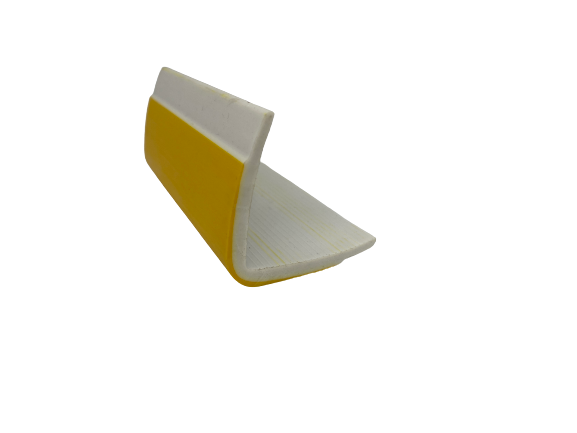Nov . 07, 2024 19:16 Back to list
Exploring the Importance and Types of Marine Fenders in Maritime Safety and Protection
Understanding Marine Fenders Types, Applications, and Importance
Marine fenders are essential components in the maritime industry, designed to absorb the kinetic energy of vessels as they dock or come alongside other structures. Their primary role is to protect both the vessels and the docking infrastructure from damage caused by collisions or contact. The importance of marine fenders cannot be overstated, as they play a crucial role in ensuring safe and efficient operations at ports and marinas worldwide.
Types of Marine Fenders
Marine fenders come in various shapes and sizes, tailored to meet specific needs based on the type of vessel and the docking environment. The most common types include
1. Rubber Fenders These are the most widely used fenders due to their excellent energy absorption capabilities and durability. They can be molded into various shapes, such as cylindrical, square, or arch-shaped, making them suitable for different applications.
2. Foam Fenders Composed of closed-cell polyurethane foam, these fenders are lightweight and do not require maintenance like air-filled fenders. They are particularly effective for small vessels and in situations where reduced weight is essential.
3. Inflatable Fenders These fenders are air-filled and offer high energy absorption properties. They are lightweight, easy to handle, and can be deflated for storage when not in use. Ideal for larger vessels, inflatable fenders are often used in shipping and offshore operations.
4. Solid Fenders Made from durable materials like polyurethane or rubber, solid fenders provide long-lasting protection and are often used in high-energy environments. They are less common but can be found in specialized applications.
5. Bollard Fenders These fenders are integrated with a bollard function, allowing vessels to secure themselves while still providing the necessary cushioning against impacts.
Applications of Marine Fenders
The applications for marine fenders are vast, spanning various sectors within the maritime industry
. Some of the most common applications include- Ports and Terminals Marine fenders are extensively used in ports to protect ships as they dock alongside berths. The right fender system can significantly reduce the risk of damage to both the vessels and the infrastructure.
marine fenders

- Shipbuilding Yards In shipyards where vessels are constructed, fenders help protect the ships from potential damage during transport or assembly.
- Offshore Oil Rigs Fenders play a vital role in protecting offshore platforms from supply vessels and service boats, preventing costly downtime due to damages.
- Marinas In recreational boating facilities, fenders are essential for dock protection, ensuring the safety of both the vessels and the docking structures.
- Rivers and Canals As vessels navigate through tighter spaces, fenders help mitigate the risks of collisions against banks or other vessels.
Importance of Marine Fenders
The significance of marine fenders extends beyond mere protection. They contribute to
1. Safety By absorbing impacts, fenders help prevent accidents that could lead to injuries, financial losses, or environmental disasters.
2. Cost Efficiency Investing in quality fender systems can save significant costs associated with repairs and downtime resulting from vessel damage or infrastructure repair.
3. Operational Efficiency With proper fendering, vessels can maneuver more easily, leading to smoother loading and unloading processes at ports.
4. Environmental Protection By preventing oil spills or hazardous material leaks during docking operations, marine fenders help in safeguarding the marine environment.
Conclusion
In conclusion, marine fenders are critical to the safe and efficient operation of ports and coastal facilities. Their various types offer tailored solutions for different maritime challenges, ensuring that vessels and infrastructure can withstand the rigors of marine activities. As the maritime industry continues to evolve, the importance of high-quality marine fender systems will undoubtedly remain a cornerstone of maritime safety and operational efficiency. Whether in busy shipping ports, tranquil marinas, or challenging offshore environments, marine fenders will continue to protect and enable safe interactions between vessels and infrastructure.




